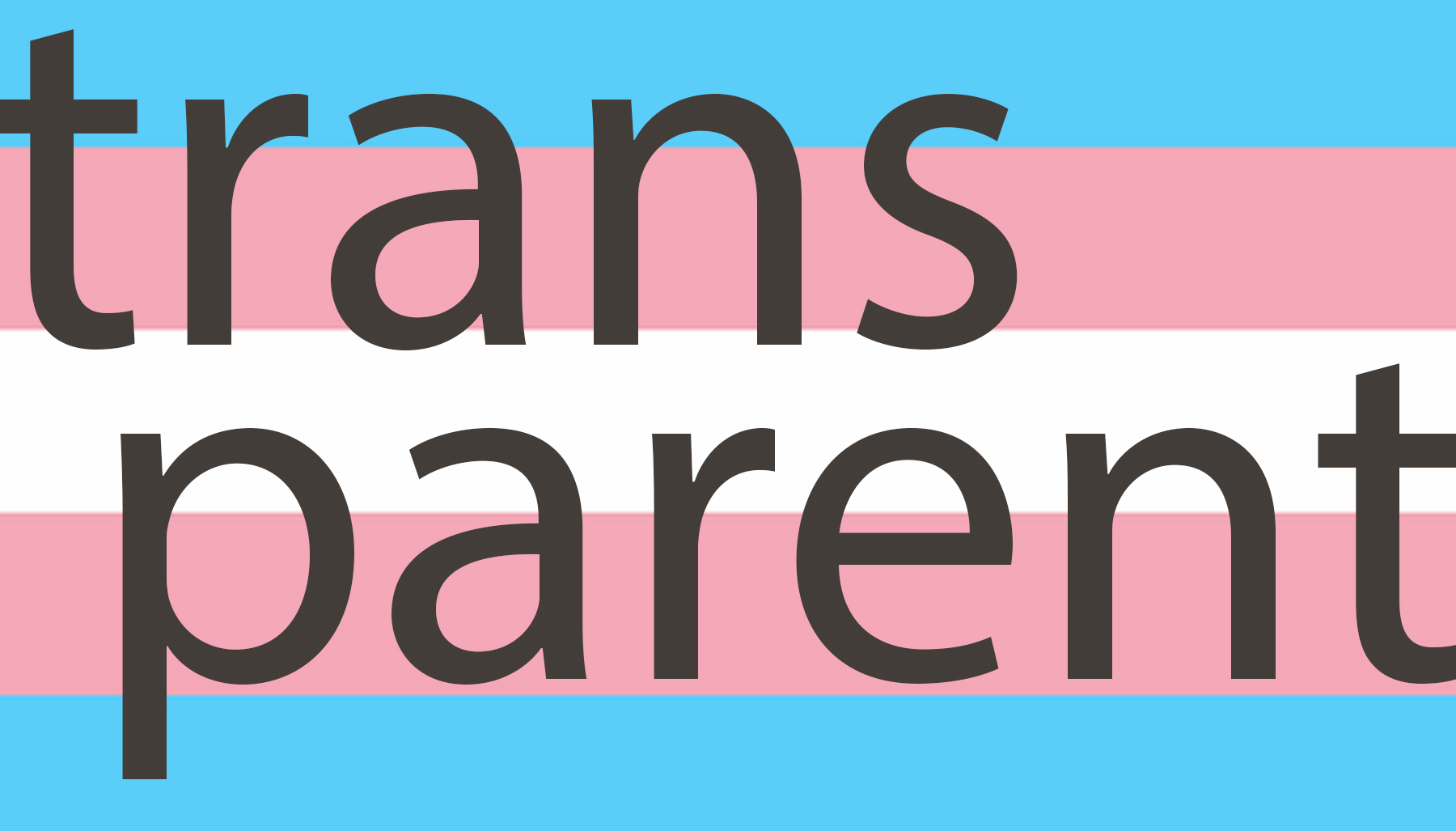
Why do trans people have a higher chance of mental illness?
By: Jasper Griswold, Columnist
Seventy-eight percent of “gender minority” (being trans, nonbinary, and gender questioning) students have had symptoms of, or a diagnosis, of depression, anxiety, eating disorders, self-injury, and/or suicidality. Compared to the 45% of cisgender students, it’s rather high. And being of “gender minority” status is associated with 4.3 times higher odds of having at least one mental health problem. Why is this? Why are trans people so likely to be mentally ill? Well, I believe there are several reasons for this.
Firstly, the act of being trans drains the mental health. Our self-image is very distorted, and we do not look the way we want. People perceive us differently than the way we want to be seen. Some of us deal with dysphoria, which is caused by negative emotions surrounding not looking the way we want to look. This causes a lot of self-hatred and massive amounts of discomfort. It causes a sense of disconnect with our bodies. Many of us may feel ashamed for not being “normal” – some of us wish we could just be the boy or girl the doctor told our parents we were, but we simply cannot. Then there are the people constantly trying to make us feel bad for being different – calling us slurs or snowflakes or telling us we’re confused. None of this is good for our mental health. The internal strife and disconnect causes self-image issues, and often distortions. And the way others treat us makes us feel alienated and hurt.
Another reason trans people may have poor mental health is the way people react to them coming out. In pride fairs, many parents hold signs saying “I love my transgender child!” but this is not the case for many. It can be scary to come out, a trans person may have heard a parent or other family member say transphobic things and now they do not feel safe coming out to them. Or they might have told someone, and now there are constant battles of the family member or friend trying to “convince” them that they’re wrong. People need support, and sometimes being trans causes you to lose or harm your support system. Having no-one in your corner takes a toll on the mental health.
When you think of trans representation in the media, can you think of any positive examples? Because I look for them, and still have trouble finding any. “Family Guy” had previously agreed to phase out the offensive jokes directed toward the LGBTQ+ community. However, a recent epsiode titled “Bri-da” made a transgender character the focus of comedy. “F.R.I.E.N.D.S.” has “The One with Chandler’s Dad,” someone who is coded to be a trans woman and is made a mockery of throughout the show. There are many examples of cis women actresses playing trans men and vice versa. And there are beauty pageants specially for trans women, which objectify them and put them on display. It seems like the whole purpose of them is to say “Wow, look how much like a ‘real’ woman she looks!” All of these negative displays are not good for us.
Open the news tab of any search engine and search “transgender.” You’ll find stories of hate crimes, attacks, discrimination, and the recent fight for our right to not be fired from our jobs just for being LGBTQ. I know this because I did that to prepare for this article. If you’re constantly hearing negative stories, you aren’t going to have a lot of hope. That’s not healthy.
There is good news for us, however. Transitioning – medically and socially – improves the well-being of transgender people. Some of the positive outcomes are improved quality of life, greater relationship satisfaction, higher self-esteem and confidence, and reductions in anxiety, depression, suicidality, and substance use. Staying in support groups can help as well, and there are various student groups on campus, as well as the counseling center, where you can receive support. I hope all trans people use these support options to stay safe.

